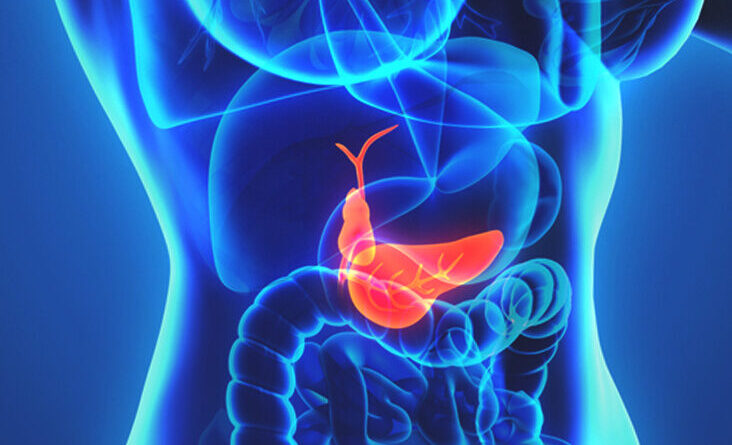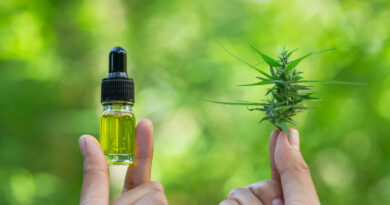5 Things You Should Know About Gallstones
More than 9% of Indian adults suffer from gallstones, causing sudden and severe pain in their upper right abdomen, ultimately requiring them to visit the emergency room. Do you know what gallstones are, and what can you do to prevent them? Let’s take a look at it.
- Gallstones- A Brief
Gallstones are hard, pebble-shaped tissue blocks in the gallbladder that are usually cholesterol or bilirubin-based. Depending on their size, gallstones can be as big as sand grains or as small as golf balls. Small and large gallstones may form in the gallbladder, or the gallbladder may develop one large stone.
Gallstones can cause sudden pain in your upper right abdomen when they block bile ducts in your biliary tract. It is called biliary colic or gallbladder attack. The symptoms of gallstones can lead to severe complications if left untreated.
However, many gallstones do not block arteries and are painless, referred to as “silent gallstones.” Therefore, treatment for silent gallstones is usually not necessary.
- Gallstone types
Generally, gallstones are classified into two types:
- Pigment stones
- Cholesterol stones
A cholesterol stone is composed chiefly of hardened cholesterol and is yellow-green. Around 75% of gallstones are cholesterol stones in some countries.
In the body, pigment stones are made of bilirubin and are dark. It is not uncommon for people to have both types of stones.
- Gallstones: Who Is at Risk?
There is an increasing number of gallstones in people of all ages, and all age groups may be affected.
Gallstones are caused by a variety of factors, including:
- Overweight and obesity
- Pregnancy or hormone therapy can increase estrogen levels
- Increasing fat consumption and refined carbohydrates while decreasing fibre intake
Gallstones are more likely to occur if a family member has gallstones and if one has had multiple pregnancies. In addition, a higher percentage of older women will develop the disease; about 25% will be over 60.
- What Are the Best Ways to Prevent Gallstones?
Some simple lifestyle and dietary changes can prevent gallstones.
To prevent gallbladder stones, follow these five steps:
- Weight maintenance: Obesity contributes significantly to gallstone formation. Do not crash diet or gain/lose weight rapidly because it increases your chances of forming gallstones. Once you reach your desired weight, gradually ease into your updated routine.
- Ensure your diet contains healthy fats: Olive oil, canola oil, fish, and flaxseed oil contain omega-3 fatty acids that prevent gallstones and help your gallbladder stay healthy. Cholesterol gallstones can develop when cholesterol levels are high. To lower cholesterol levels, choose low-fat meat and milk alternatives.
- Foods high in fibre: Whole-grain bread, particularly walnuts, peanuts, and legumes, are high in fibre and may prevent gallstones. Reduce your hunger and lose weight by snacking on almonds.
- Fitness: Get up and move if you live a sedentary lifestyle. Slow digestion increases your chances of developing gallstones. In this situation, the bile does not flow properly from your gallbladder. The most effective way to prevent gallstones is to exercise for at least 150 minutes a week.
- Prevent gallstones by taking medications: The risk of gallstones is higher among obese individuals, women taking birth control pills, and men taking testosterone replacement therapy. Consult your gastroenterologist if you want to lower your chances of forming gallstones.
- Treatment
Most people won’t need gallbladder stones treatment because they rarely cause symptoms. However, based on your symptoms and the results of your diagnostic testing, your doctor will determine whether you need treatment for gallstones.
If you are experiencing discomfort in your upper right abdomen, you may be exhibiting signs of gallstone complications. Gallstones can be treated if you experience symptoms and signs in the future.
Gallbladder stones treatment happens in a variety of ways, including:
- Removing the gallbladder via surgery (cholecystectomy). It is common for gallstones to recur, so your doctor may recommend the removal of your gallbladder. As soon as you remove your gallbladder, your liver will flow directly into your small intestine instead of storing bile there.
- Gallbladder removal usually causes temporary diarrhoea, which is generally not harmful.
- Dissolving gallstones with medications. Some medications may dissolve gallstones if you take them by mouth. You will probably have to continue treatment for months or years for your gallstones to dissolve this way. If treatment is interrupted, new gallstones will likely form again.
- There are times when medications do not work. Gallstones are not commonly treated with medications reserved for those who cannot undergo surgery.
Conclusion
The gallbladder is not an essential organ, so you shouldn’t worry about having it removed. Bile is stored in the gallbladder and released after eating to aid fat digestion. Bile flows directly from the liver, where it is made, to the small intestine when there is no gallbladder. It is essential to consult a doctor at Max Healthcare Group before getting a gallstone operation.
Read More Blogs:



